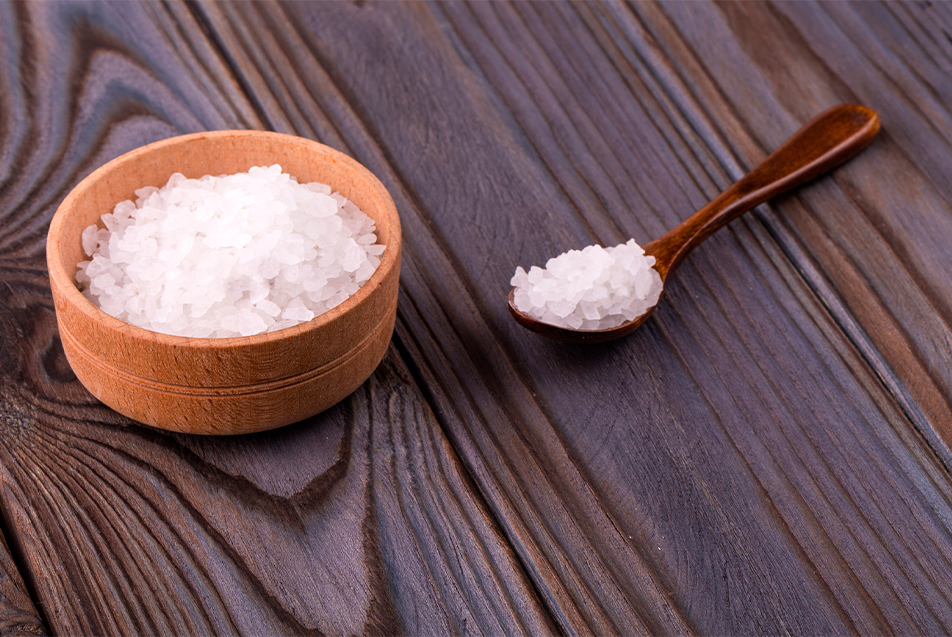
Soaking in an Epsom salt bath is a common practice for people looking to relax tight muscles and loosen stiff joints. But are there real health benefits to this home remedy? Rachel Hill, MS, LAT, ATC, CSCS, athletic trainer, Parkview Sports Medicine, helps shed some light on the topic.
What is Epsom salt?
Epsom salt is a chemical compound made up of magnesium, sulfur and oxygen. It gets its name from the town of Epsom in Surrey, England, where it originated. It is found in natural springs and has a simple chemical structure, similar to that of salt.
What is the theory behind Epsom salt baths?
When placed in water, Epsom salt breaks down into magnesium and sulfate. The theory is that when you soak in an Epsom salt bath, these minerals get absorbed into your body through the skin. This may help relax muscles, reduce swelling and pain from arthritis, and relieve pain from fibromyalgia and various causes. It’s supposed to soothe sore muscles for athletes, relieve cramps and improve performance and recovery in general.
Is there any evidence that Epsom salts are effective?
Unfortunately, there’s not a great deal of scientific evidence to back up the supposed benefits of an Epsom salt bath. Research has been unable to prove that magnesium and sulfates get absorbed into the body through the skin. However, magnesium, one of the minerals that make up Epsom salt, does have some actual health benefits. Many people take magnesium supplements to promote sleep, reduce stress, relieve constipation, improve exercise performance and reduce pain or swelling.
Additionally, athletes are sometimes deficient in magnesium because they sweat more than the average person. If you have insufficient magnesium levels, adding a supplement can be beneficial to athletic performance, pain reduction and recovery. It also may help your body use glucose and lactic acid more efficiently, improving your metabolism and supporting performance and recovery.
Ultimately, magnesium supplementation can be a good thing, particularly if you’re an athlete or if you don’t have enough of the mineral in your body already. Since Epsom salt contains magnesium, many believe that soaking in an Epsom salt bath can give you the same benefits.
Final thoughts
While a warm Epsom salt bath can’t hurt (and is really relaxing!), there’s no evidence to say it will be absorbed through the skin well enough to produce any real benefit. If you are magnesium-deficient, taking a supplement by mouth may help you see the benefits you’re looking for, but be sure to check with your primary care provider first.




